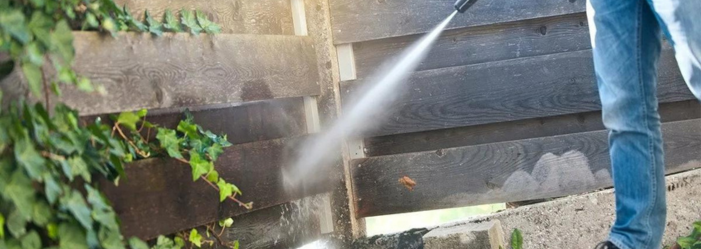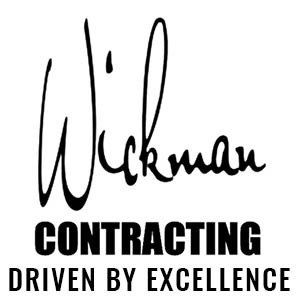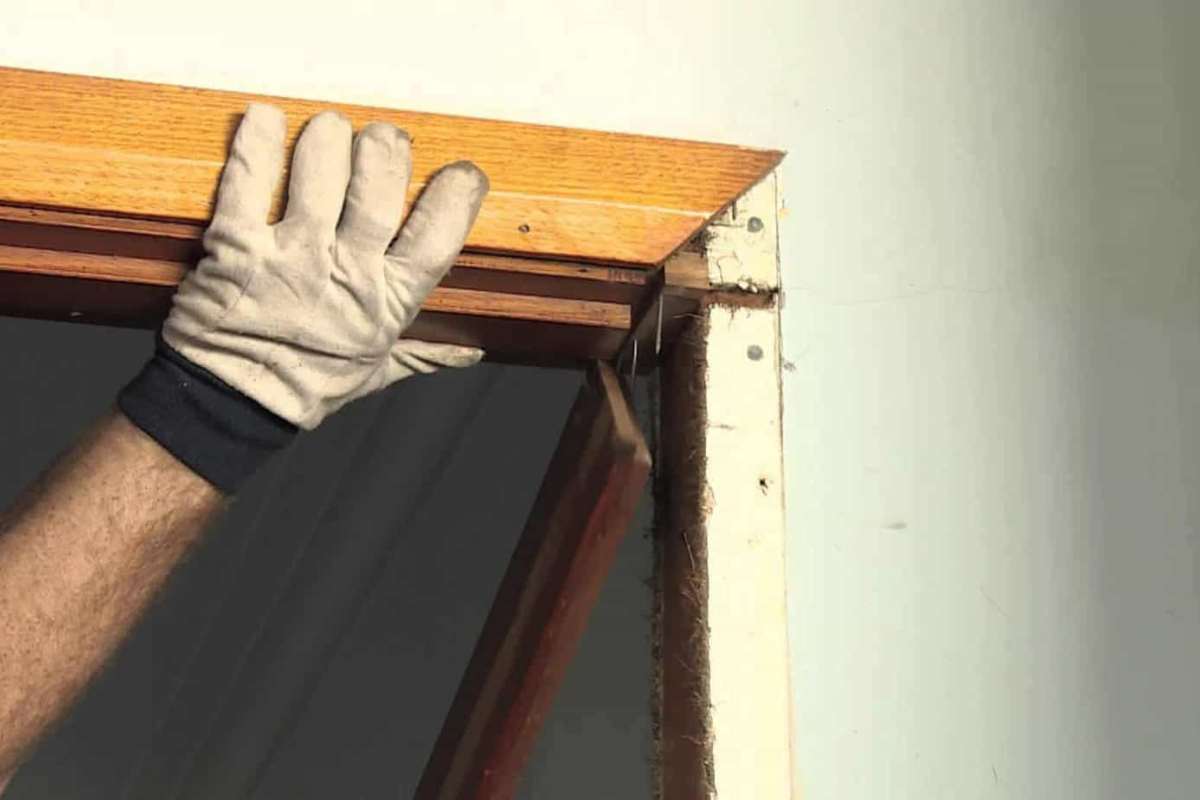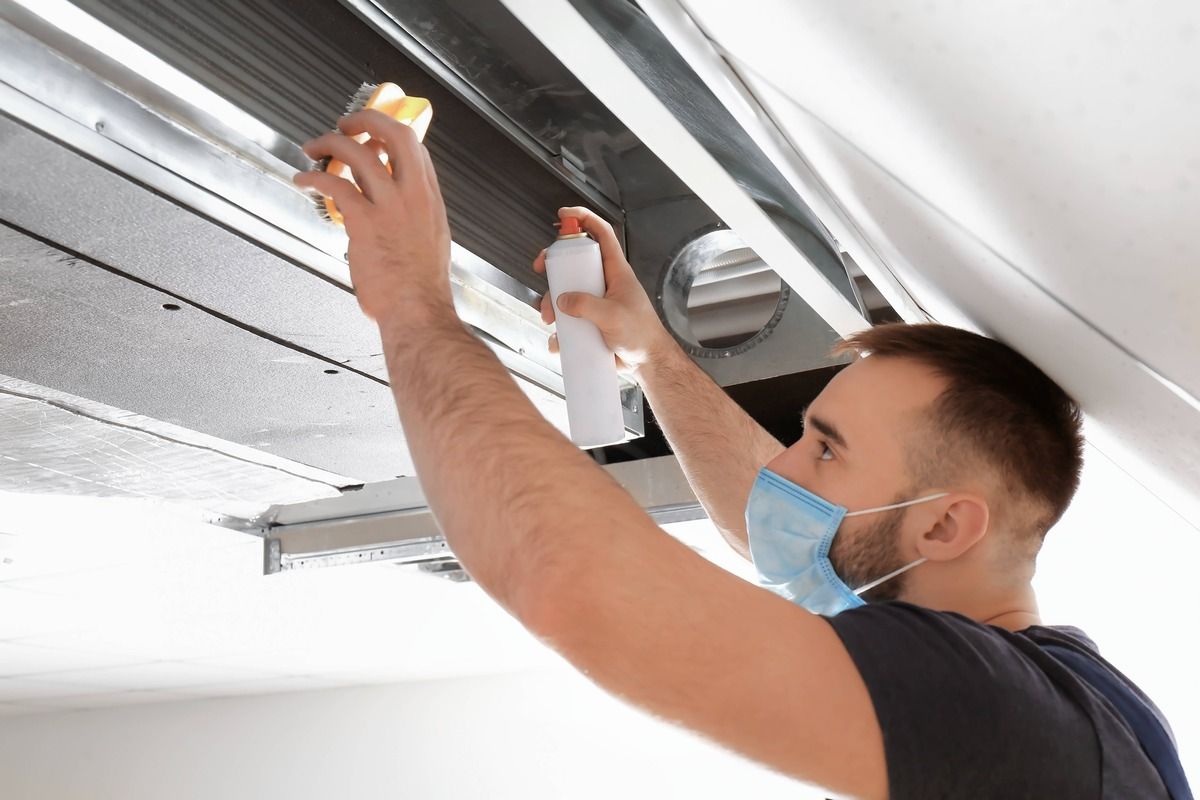What Methods Are Best for Effective Fence Cleaning?
A Guide to Choosing the Right Fence Cleaning Methods

A clean fence makes your lawn attractive and protects it from potential risks. This fence is installed outside the lawn and collects dirt, dust, and other garbage. So, it would be best if you cleaned it to maintain the charm of your home. But there is an issue: How do I clean it? Water and other acidic materials make rust on iron fences, which is not easy to clean. But do not worry; now we are here and will guide you. Let’s read this article to clarify your concepts and find a better method to clean a fence.
Why Fence Cleaning Is Important
When we talk about cleaning anything, this word itself shows its importance. But when specifically it comes to fence cleaning, it is a matter of the beauty and durability of your home. So, this connection increases its importance. A dirty fence can be a haven for insects, creating problems like mold and grime on your lawn. These issues will affect the home and decrease the quality of fence material. This process is important for removing dust and germs but also increases the fence's life.
Different Types of Fences
When we start a discussion about fences and cleaning, it is better to talk about their types before talking about cleaning methods. So, we write about the main types of fences below. These few fences are commonly used in different countries and regions and look attractive.
- Wood Fences: Wood fences are a common option and are normally seen everywhere. Because of their nature, they require special care.
- Vinyl Fences: These are low-maintenance but can still collect dirt and stains.
- Metal Fences may rust over time, so special care is needed when cleaning.
- Chain Link Fences: These are durable but can accumulate dirt and grime.
Now, look at practical methods for cleaning fences based on the material.
Best Methods for Fence Cleaning
Pressure Washing
It is one of the most effective and common ways to clean a fence. This method is fast and can quickly remove dirt, fungus, and rust.
How to Use a Pressure Washer:
- Start by removing any large debris from the fence.
- Adjust the pressure setting to control damaging threats to the wood or other materials.
- Keep the nozzle at least a foot away from the surface and move it sweepingly.
- Rinse thoroughly with clean water.
Pros:
- Quick and efficient.
- Can reach difficult spots easily.
Cons:
- It may damage softer wood if not used carefully.
- Requires access to electricity or gas.
Hand Scrubbing
Hand scrubbing can be effective for those who prefer a gentler approach. This technique works well for smaller areas or delicate fences.
How to Hand Scrub a Fence:
- Mix hot water with soap or a special detergent solution in a bucket.
- Use a brush to clean the detergent and water on the fence
- Use brushes in a circular format to remove dirt and dyes.
- Again, fresh water is used to clean the fence after detergents are used.
Pros:
- Great for smaller areas and delicate materials.
- It allows for better control and focus on specific stains.
Cons:
- It is time-consuming for larger fences.
- Requires physical effort.
Using a Bleach Solution
A bleach solution can be very effective if your fence has hard marks or mold. However, it is important to use it carefully because it can damage some materials.
How to Use a Bleach Solution:
- Mix the bleach with water by 1/3 ratio in any bottle.
- Spray the answer at the marked location and go away to soak up for 10 minutes.
- Scrub with a broom and wash cautiously with water.
Pros:
- Effectively removes mold and challenging stains.
- Quick application.
Cons:
- It can harm plants nearby if not rinsed off quickly.
- Not suitable for all fence materials.
Commercial Cleaners
Many commercial cleaners are explicitly designed for fence cleaning. These products can save you time and make the process easy, but they are not safe for the environment.
How to Use Commercial Cleaners:
- Follow the instructions written by the manufacturer for the best results.
- Commonly, apply the cleaner with a sprayer or cloth, leave it for a few minutes, and wash it.
Pros:
- These chemicals are made with special materials and colors.
- Often more effective than homemade solutions.
Cons:
- It may contain harsh chemicals.
- It is more expensive than DIY solutions.
Maintenance Tips for a Clean Fence
To keep your fence looking wonderful, recall those preservation guidelines:
- Regular inspections: Regular checkups are important for the longevity of the fence.
- Routine cleaning: Also, clean your fence completely at least one time in one year.
- Sealant application: The mechanical seal can secure the wooden fences from water and UV rays.
FAQs
How often should I clean my fence?
The normal practice for cleaning the fence is once a year. However, cleaning it two times a year is the best and enhances its life and charm.
Is it safe to clean the fence with vinegar?
It is a natural product used for cleaning in various places. Mix it with water and use it to clean fences.
Is pressure washing safe for wood fences?
Yes, but be careful when setting pressure. To complete the process safely, keep the nozzle at a safe distance of at least 12 inches.
Conclusion
This article was complete about the fence and its cleaning. Fences are important, but they also need care. So, the best practice is to clean them on time, once or twice a year. You can use different methods to clean it. Use a pressure washer, bleach, and vinegar, or smooth it by hand; however, consider the protection standards. Regular cleaning, now not the most effective, will increase the lifespan and enhance the splendor of your garden.



